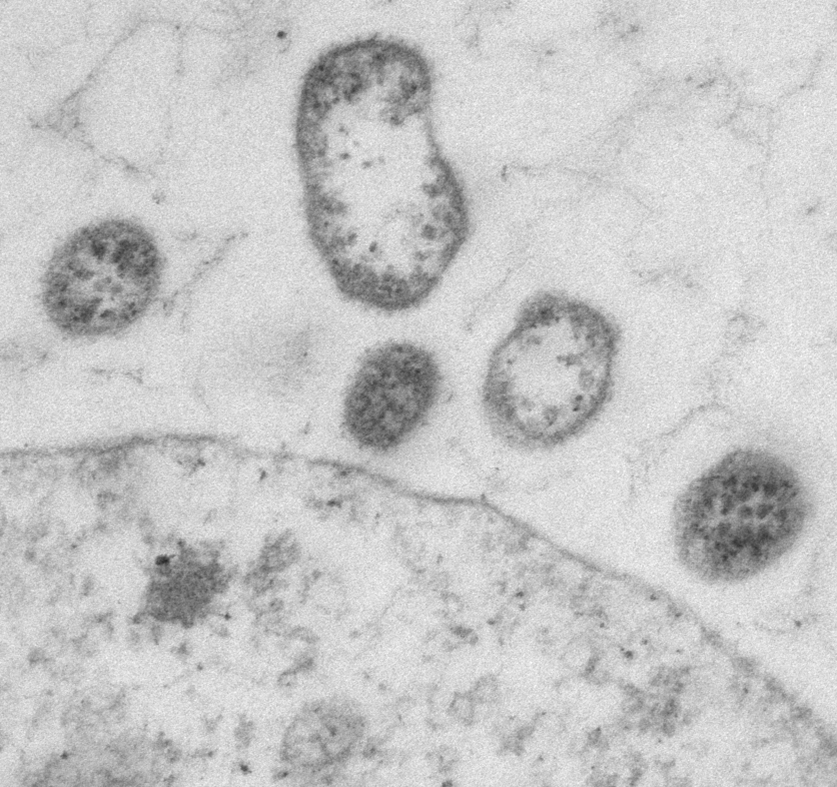Designer Viruses Stimulate the Immune System to Fight Cancer

A view of a modified lymphocytic choriomeningitis virus (LCMV).
Swiss scientists from the University of Geneva (UNIGE), Switzerland, and the University of Basel have created artificial viruses that can be used to target cancer. These designer viruses alert the immune system and cause it to send killer cells to help fight the tumor. The results, published in the journal Nature Communications, provide a basis for innovative cancer treatments.
Most cancer cells only provoke a limited reaction from the immune system – the body’s defense mechanism – and can thus grow without appreciable resistance. By contrast, viral infections cause the body to release alarm signals, stimulating the immune system to use all available means to fight the invader.
Bolstered defenses
Immunotherapies have been successfully used to treat cancer for many years; they “disinhibit” the body’s defense system and so also strengthen its half-hearted fight against cancer cells. Stimulating the immune system to specifically and wholeheartedly combat cancer cells, however, has remained a distant goal. Researchers have now succeeded in manufacturing innovative designer viruses that could do exactly that. Their teams were lead by Professor Doron Merkler from the Department of Pathology and Immunology of the Faculty of Medicine, UNIGE, and Professor Daniel Pinschewer from the Department of Biomedicine, University of Basel.
The researchers built artificial viruses based on lymphocytic choriomeningitis virus (LCMV), which can infect both rodents and humans. Although they were not harmful for mice, they did release the alarm signals typical of viral infections. The virologists also integrated certain proteins into the virus that are otherwise found only in cancer cells. Infection with the designer virus enabled the immune system to recognize these cancer proteins as dangerous.
The unique combination of alarm signals and the cancer cell protein stimulated the immune system to create a powerful army of cytotoxic T-lymphocytes, also known as killer cells, which identified the cancer cells through their protein and successfully destroyed them.
Hope for new cancer treatments
The treatments available to cancer patients have developed enormously in the last few years. However, as the researchers report, current treatments are still inadequate in combating many forms of cancer. «We hope that our new findings and technologies will soon be used in cancer treatments and so help to further increase their success rates», say the study’s senior authors, Professor Doron Merkler and Professor Daniel Pinschewer. This very promising designer virus has already been patented through Unitec, a structure that offers advice as well as industrial and financial contacts to UNIGE, the University Hospital and the University of Applied Sciences and Arts of Geneva researchers.
Links
Prof. Doron Merkler Research Group
Prof. Daniel Pinschewer Research Group
Contacts: Doron Merkler, +41 79 553 32 01
Daniel Pinschewer
